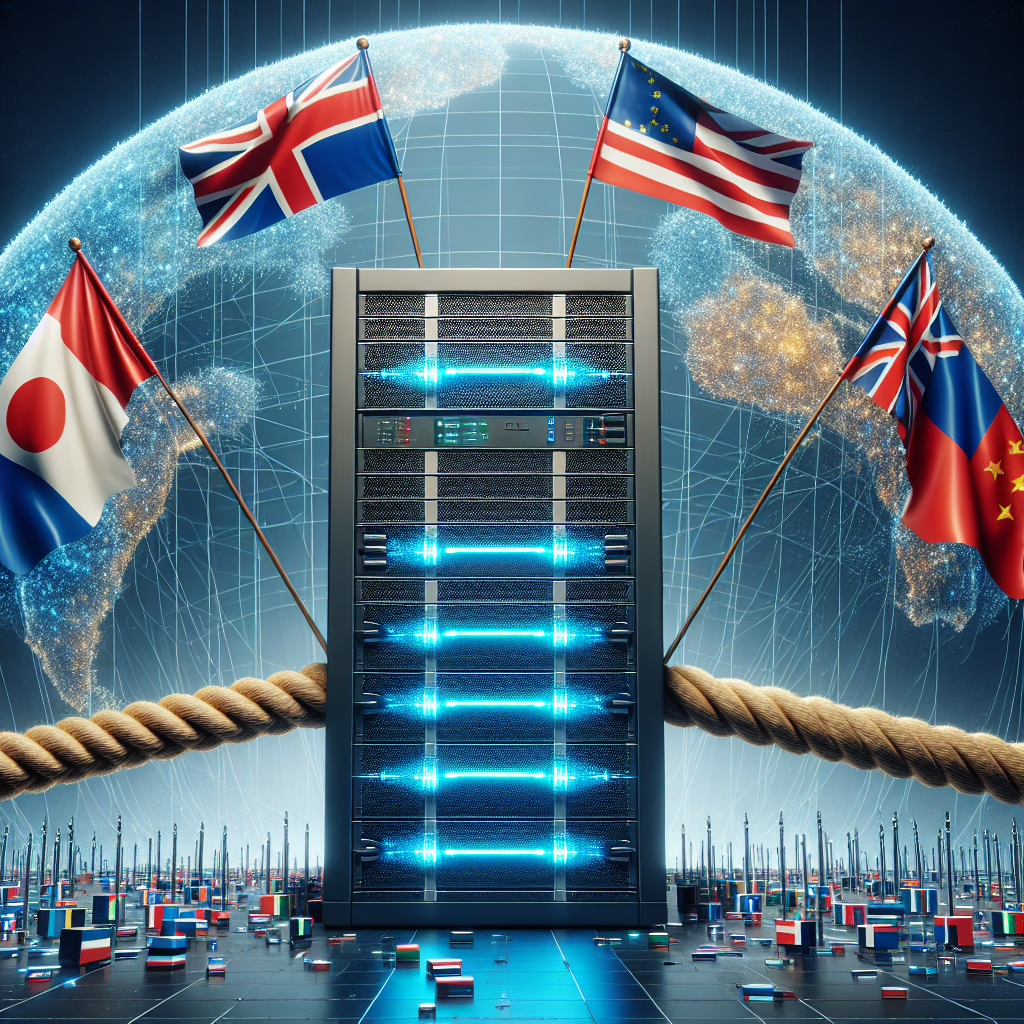In the thrilling world of cyber warfare, DDoS attacks are emerging as the new gladiators in the arena of geopolitical battles. Yes, you heard that right! These digital disruptions are taking center stage, proving that not all heroes wear capes—some just overload servers. As we dive into this riveting topic, let’s explore how these attacks are not just pesky annoyances but rather strategic weapons in the international chess game.
DDoS Attacks: The Digital Disruption Artists
Denial-of-Service (DoS) and Distributed Denial-of-Service (DDoS) attacks have transitioned from nerdy tech jargon to critical components of global strategies. If a nation wants to throw a wrench in another’s operations, what better way than to make their websites as accessible as a blocked freeway? These cyber ambushes can take down entire infrastructures, leaving governments scrambling faster than a cat on a hot tin roof!
As we examine DDoS attacks in 2025, it’s clear they’re not just about taking down websites; they’re about sending messages. Imagine a world where a country’s power grid is disrupted not by bombs but by a flood of digital traffic—talk about modern warfare! This evolution showcases how nations use technology to exert influence and control without firing a single shot.
The Art of Warfare: Understanding DDoS in Geopolitics
In recent years, several high-profile DDoS attacks have made headlines. These incidents highlight the increasing reliance on cyber tactics over traditional military maneuvers. For instance, when tensions rise between two countries, one might choose to unleash a DDoS attack on the other’s financial institutions or media outlets. It’s like throwing a digital pie in someone’s face—effective, disruptive, and oh-so-satisfying!
But why are DDoS attacks becoming such popular tools for geopolitical battles? The answer lies in their accessibility. With just a few clicks (and some questionable ethics), anyone can hire a DDoS-for-hire service. It’s almost as easy as ordering takeout! This democratization of cyber warfare means even smaller nations can play with the big boys.
The Ripple Effect of DDoS Attacks
So what happens when a nation decides to hit the DDoS button? The impact can be vast and chaotic! Businesses can suffer losses amounting to millions while citizens experience frustration when they can’t access vital services. It’s like waiting for your morning coffee only to find out the café has been forced offline by digital hooligans!
Additionally, these attacks can have ripple effects beyond immediate disruptions. They may lead to strained diplomatic relations and could even escalate into more severe confrontations. One might say that DDoS attacks are the toddler tantrums of international relations—annoying but occasionally leading to serious discussions about behavior!
DDoS Attacks: A Wake-Up Call for Cybersecurity
As we navigate this cyber minefield, boosting cybersecurity measures is crucial. After all, if your neighbor’s house is on fire, you might want to check your smoke detectors too! Governments and businesses must invest in advanced security protocols and employee training to combat these digital threats.
- Upgrade firewalls and anti-malware solutions.
- Implement traffic analysis tools to identify possible DDoS attacks.
- Train employees on recognizing phishing attempts and suspicious activity.
Moreover, collaboration among nations is essential. Just like superheroes teaming up against a common villain, countries should join forces to share intelligence and best practices against DDoS threats. It’s time for global cooperation—because no one wants to be left vulnerable when the next wave of digital chaos hits!
Conclusion: Embracing the Digital Battlefield
The rise of DDoS attacks as tools of geopolitical strategy is both fascinating and alarming. While they may seem like mere nuisances at first glance, these digital assaults carry significant weight in the realm of international relations. As we look forward to 2025 and beyond, we must prepare for an era where cyber conflicts will shape our geopolitical landscape.
So let’s keep our eyes peeled and our servers fortified! As always, we invite you to share your thoughts on this evolving topic in the comments below.
Special thanks to TechRadar for their insightful article that inspired this discussion.
For more insights on technological influences in international relations, check out our article on the Minecraft Movie or explore how the iPhone 17 Pro’s updates are impacting device security!

